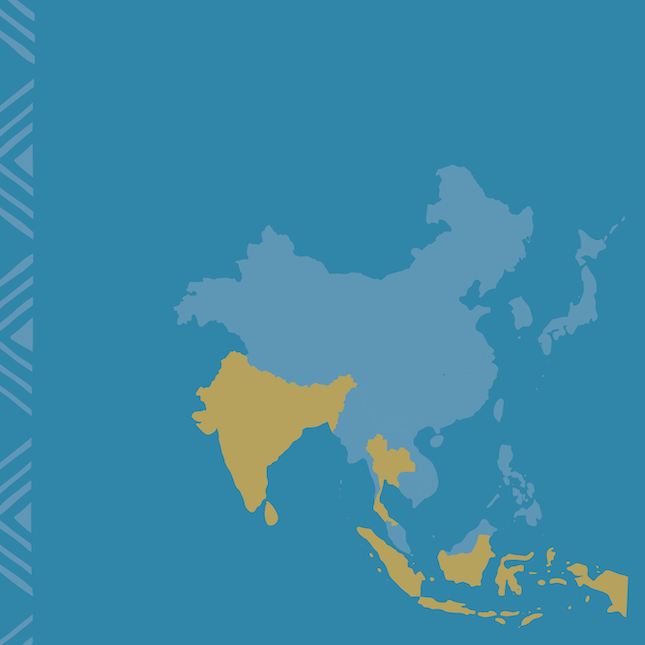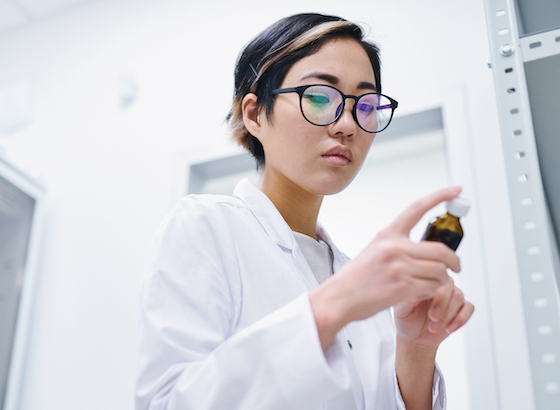The circulation of substandard and falsified medical products poses significant health challenges across South and Southeast Asia. In India alone, three to four percent of drugs were found to be substandard or falsified. For national procurement agencies that are tasked with sourcing quality-assured medicines, it is especially important that appropriate measures are in place to avoid procuring poor-quality medical products.
What’s at stake
While the globalization of medicine supply chains has provided greater access to medicines worldwide, effective oversight remains uneven. Procurement processes across Southeast Asia often vary, are driven by pressures to purchase the lowest cost commodities, and may not be well-defined.






